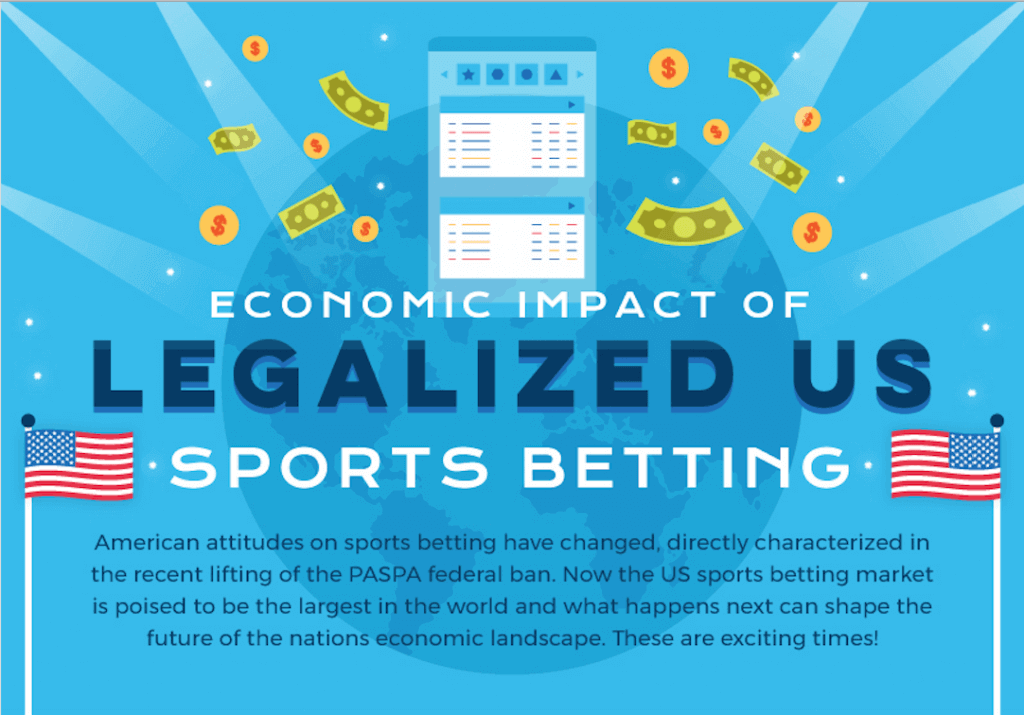Gambling Economic Benefits
- Gambling Economic Benefits 2020
- Gambling Economic Benefits
- Gambling Economic Benefits Definition
- Gambling Economic Benefits Fund
For many years, the consensus in the United States gambling to places like Las Vegas, Reno, and Atlantic City. Slowly during the 70’s and 80’s, states began legalizing lotteries and some casinos, though many were relegated to Indian reservations, riverboats and religious or civic organizations that hosted a hall where people could play bingo.
More and more cities across the country and online are seeing the economic benefits that casinos can have on their local economies.
According to the U.S. General Accounting Office. Casino gambling causes up to $289 in social costs for every $46 of economic benefit, according to Grinols. “In 2003 dollars, the cost to society of an additional pathological gambler is $10,330 based on studies performed. Economic benefits Gambling provides jobs since all commercial games require labor. Casinos require intensive labor including security guards, technical support staff, gaming staff, among others. In 1996, around 300,000 employees earned a total of US$7.7 billion within the US nation.
Researchers have found that in cities that have a casino, wages are generally higher than in areas in the state located further away from the casino.
The main argument that gambling promoters use is the ability to improve the overall economic situation by allowing casinos to work because it creates more jobs, tax. Consumer Benefits Despite the commonnotionthatthe key economicbenefits of legalized gambling relate to employment and tax revenues, economists also stress the benefits to consumers who gain utilityfrombeingabletogamble(27–30).Severalresearchers haveattemptedtomeasurethisBconsumersurplus^andaddin other benefits such as lower prices for. The wagering industry in the US has developed at lightning speed in the last two eras. More than 1,000 casinos both commercial and native proliferated in the country according to the statistics provided by the American Gaming Association. Expansion and sanction legal framework for casino and online gambling are ambiguous and a matter of state policy.



The Benefits of Casinos to the Bottom Line
According to a report released by the American Gaming Association, communities with casinos see a sharp uptick in employment both at the casinos and other surrounding businesses such as retail stores, restaurants, tourist attractions and hotels.
Most recent revenue figures total some $75.69 billion in US dollars are taken in by U.S. casinos with an additional $150 – $200 billion in indirect economic impact.
Tax Revenues and Other Benefits
Sports books, casinos and bingo halls where visitors play bingo for money, for example, add to the overall economy in the cities and states.
Residents usually see higher property values in communities with a casino as well as increased employment opportunities which in turn lend themselves to increased tax revenues can help keep the needs of community infrastructure and community services well-funded.
Benefits vs. Costs
There is no denying that there can be some drawbacks for communities that have a casino.
Some businesses may see a drop in business if the casino features a boutique store or restaurant that directly competes with businesses in the surrounding area. Casino visitors are more likely to stay within a casino campus than to venture outside of it to visit other restaurants, stores and attractions.
Residents from communities that have a casino have also complained that having such operations has led to higher rates of crime being committed by those with gambling addictions trying to get enough money in order to feed their gaming habit.
Research has shown, however, that those who suffer from gambling addiction are often also prone to higher rates of substance abuse.
Many communities have, upon building their casinos, seen the need to also offer services such as addiction counseling and treatment for all of these diseases.
The communities which choose to directly help those who may be suffering from drug, alcohol or gambling addictions have found that in confronting the problem, the overall economic benefits far outweigh the costs in the end.
Is a Nearby Casino in Your Future?
Even when a community wants a casino to be built and the residents support it, there can actually be too much of a good thing.
Recently in Cedar Rapids, Iowa, the city and its residents voted in favor of building a new casino in the city. The state gaming commission, however, said that because there were several other casinos within a 200-mile radius that would likely be negatively impacted with another casino in the area, the casino was not built.
Most places where casino gambling has been legalized have realized that this fun and potentially lucrative form of entertainment provides lots of positive benefits for their economy. Having a casino can create a fun social outlet and can be of huge benefit to the surrounding area as well.
Introduction
Gambling has gone from a pastime activity to a significant economic driver in the United States.
Although there are still certain restrictions on online gambling, presently, gambling is quite legal in some forms in many states except Hawaii and Utah.
Before 1988, gambling was legal in only two states – Nevada, New Jersey, and some Native American reservations.
However, by 2003, there were over 39 states allowing casino gambling and offering legal gambling regulations of some kind. There was also an explosion in the number of start-up casino sites offering online gambling services to Americans.
Due to the increased number of businesses investing in the gaming sector, and the number of Americans gambling, the industry recorded a boost in its industry revenue. From $8.7 billion in 1990, it rose to a record high of $79.42 billion in 2018.
Four forms of gambling contribute to the United States gambling industry revenue; State lotteries, Commerical Casinos, Native American Casinos, and Online casinos.
According to the American Gaming Association, “In 2016, gaming taxes contributed $8.85 billion in state and local tax revenues.”
Legalizing gambling in the United States comes with several benefits and disadvantages. While some people benefits, other entities bear the negative brunt of the economic impact of gambling.
Naturally, the economic winners are the businesses involved in gambling and the consumers who benefit from gambling services.
For most critics, the main loser of legalized gambling is the society, tribal casinos, and those involved in the sector before it became mainstream.
Over the years, different questions and concerns have been raised by customers and critics alike over the issue of legalized gambling. How many states allow casinos? Should gambling be legalized?
This article will attempt to shed light on this issue and look into the economic gains and social costs of gambling.
Social Costs of Gambling
Does legalized gambling constitute a social issue? Research conducted by professionals for the National Gambling Impact Study Commission (NGISC) has shown that gambling has had some negative social impacts. The advent of casinos has caused an increase in crime and suicide rates.
Gambling Economic Benefits 2020
Data from the American Psychiatric Association also stated that about 2.5million adults in the country are pathological gamblers and 3million adults are problem gamblers.
Additional data and research establishing the causal link between casino availability and the incidence of personal bankruptcies, suicide, divorce, and other costly behaviors is, however, not present.

Legal gambling’s negative impacts are beyond everyday problems like failed relationships and financial issues like bankruptcy and more. The social effects of gambling extend even to the emotional aspect.
Gambling can affect how we feel, no matter how much or how often we do it. Issues like this have plagued even occasional gamblers.
It could be difficulty sleeping, trouble concentrating at work, spending more than you intended to, regret after gambling, or missing out on important events like spending time with the family or a loved one.
The social costs of gambling are paid by both participants and perpetrators of the trade alike.
However, this is why online casinos and gambling platforms, in general, implement several responsible gambling policies at their sites. This is to ensure that gamblers do not get addicted to gambling.
Positive Effects of Gambling on the Economy
Legalized gambling offers a unique form of entertainment and has served as additional leisure for the entire adult populace.
Many states have legalized gambling, because they see it as a tool for economic development. Gambling has had a positive effect on the economy so far. With the Legalization of gambling, we have seen;
- An increase in employment.
- The considerable tax revenue from legalized gambling is very enabling for the economy.
- Engagement of Local Labor.
- Boost in local retail sales.
Gambling Economic Benefits
There are many more positive effects of legalized gambling on the economy. It is a trade that has an almost infinite demand and supply.
Are Casinos good for the economy?
Gambling does not hurt the economy. Although there have been arguments that casinos trade money and not goods and services, and as such, do not boost the economy.
However, casinos are indeed good for the economy of a country. They pay hefty tax revenues that keep increasing per annum and aids economic development.
Pros of legalizing gambling
Casinos pump a lot of money into their business. Take Las Vegas for example, it has become a center for relaxation and tourism.
Casinos benefit their local areas because people do not only go to casinos to wager; they also buy food and drinks or seek accommodation.
Legalized gambling has profited the local areas where they are situated by boosting retail sales and bringing demand for a slew of various goods and services.
The Legalization of gambling has led to an increase in the number of online international casinos accepting United States players.
Today, players don’t have to go to a land-based casino before they enjoy their favorite casino games. There are various safer and legitimate options online for them to choose from.
Even with the restrictions on American financial services and online gambling, do casinos take credit cards? Of course, and other payment methods too.
It also provides opportunities for consumers and investors alike. People have more options to relax.
Start-ups and young entrepreneurs interested in the gambling industry but do not have enough capital to set up a land-based establishment would find their solutions in internet gambling.
Conclusion
The Legalization of gambling comes with various advantages and shortcomings. Just like any other enterprise, there are economic winners and losers.
Gambling Economic Benefits Definition
The winners include the economy, gambling-related businesses, and consumers- the major beneficiary of the industry’s competitive market.
The main drawback of legalized gambling is its social effects on the society. Some other economic negatives ascribed to gambling by critics are mainly issues that affect the American market in general.

Gambling Economic Benefits Fund
The truth is that the pros of legalized gambling outweigh the bad.